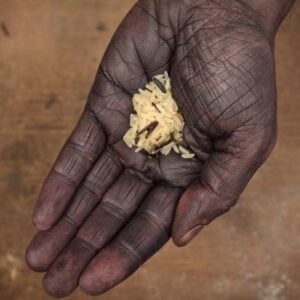The International Labour Organization (ILO) has released a new brief advocating for a “systems approach” to improve conditions in the lowest tiers of global supply chains. Titled From Root Causes to Real Change: Using a Systems Approach to Foster Decent Work Deep in Supply Chains, the brief outlines how this methodology can unlock opportunities for micro, small, and medium-sized enterprises (MSMEs) while simultaneously promoting better working conditions.
Unlike first-tier suppliers that benefit from direct buyer relationships and generally have the capacity to meet compliance standards, MSMEs in lower tiers face persistent challenges. These include limited access to finance, inadequate infrastructure, and weak enforcement of labour laws—all of which hinder growth, limit access to better-paying markets, and compromise working conditions.
The systems approach proposed by the ILO focuses on identifying and addressing the root causes of these constraints. Rather than targeting isolated symptoms, it promotes a holistic strategy that allows for interventions designed to be scalable and sustainable. This method supports the creation of more and better jobs and contributes to overall enterprise resilience.
Dragan Radic, Chief of the ILO’s Micro, Small and Medium Enterprises Branch, emphasized that such an approach aims to build MSME competitiveness while embedding decent work principles. The strategy begins with a deep analysis of structural bottlenecks and moves toward long-term solutions crafted in collaboration with national stakeholders.
The ILO argues that MSMEs could see tangible benefits—such as increased productivity, improved wages, and job creation—by joining more demanding supply chains that require compliance with higher standards. However, unless systemic barriers are removed, these gains will remain inaccessible to many smaller enterprises.
According to Dan Rees, Director of the ILO’s Action Programme on Supply Chains, this kind of long-term and integrated thinking is essential for delivering real improvements in job quality and business outcomes. He noted that effective interventions must be embedded within a broader, coherent system to drive meaningful ripple effects across entire supply chains.
The brief concludes by urging governments, employers’ organizations, and workers’ groups to adopt a systems-based perspective when designing policies and interventions. Doing so, the ILO asserts, offers a path toward sustainable change—strengthening not only the economic potential of MSMEs but also ensuring that decent work becomes a reality for workers historically left behind.







